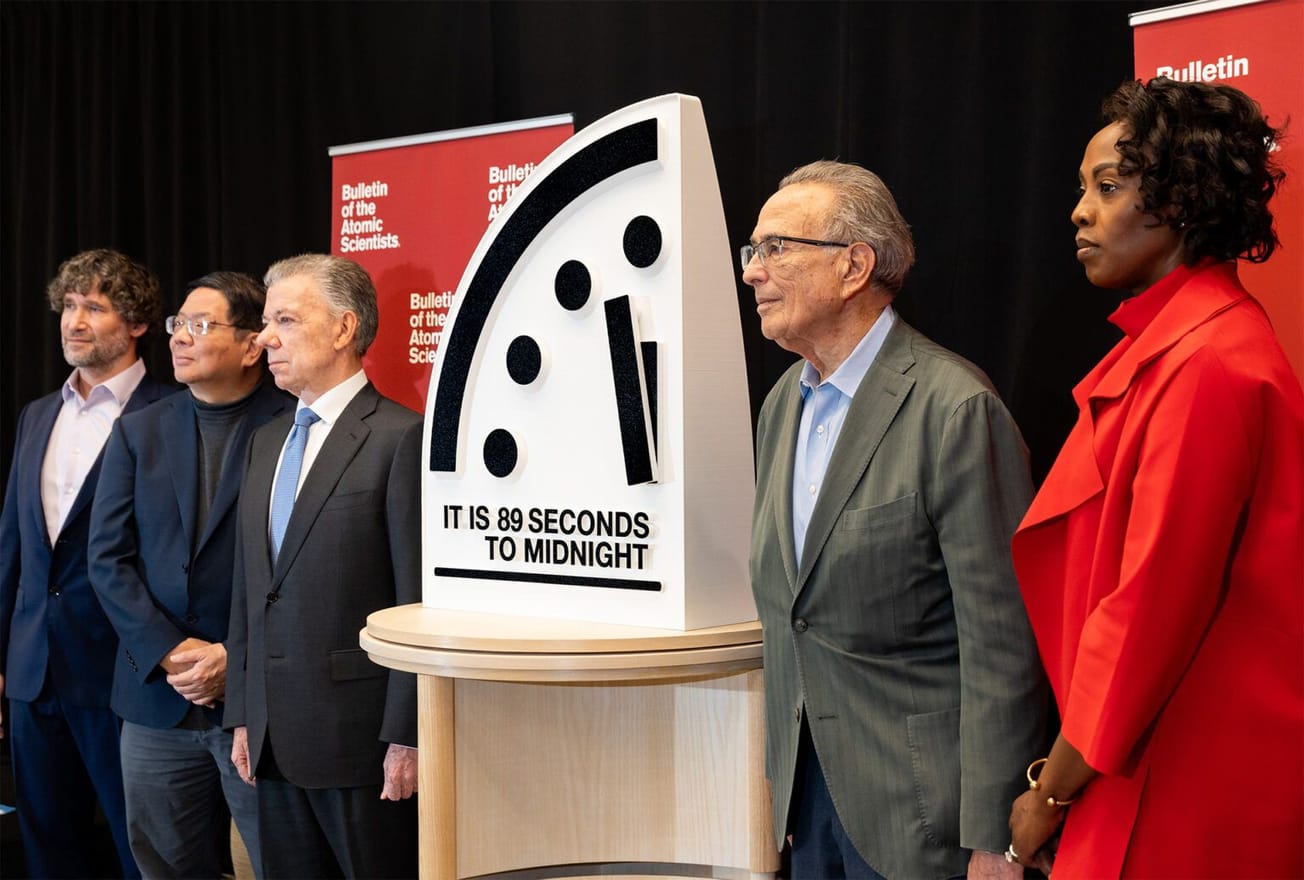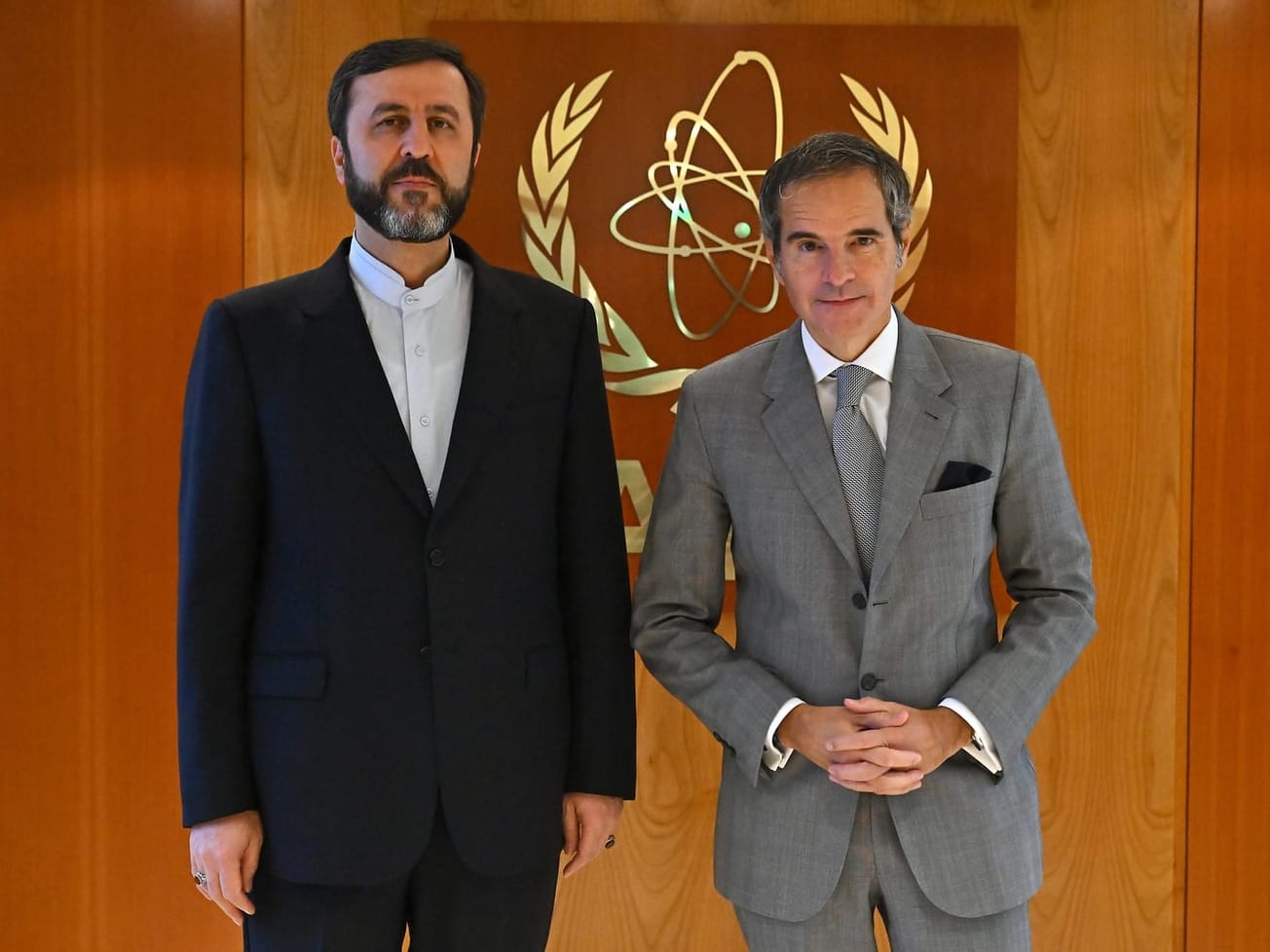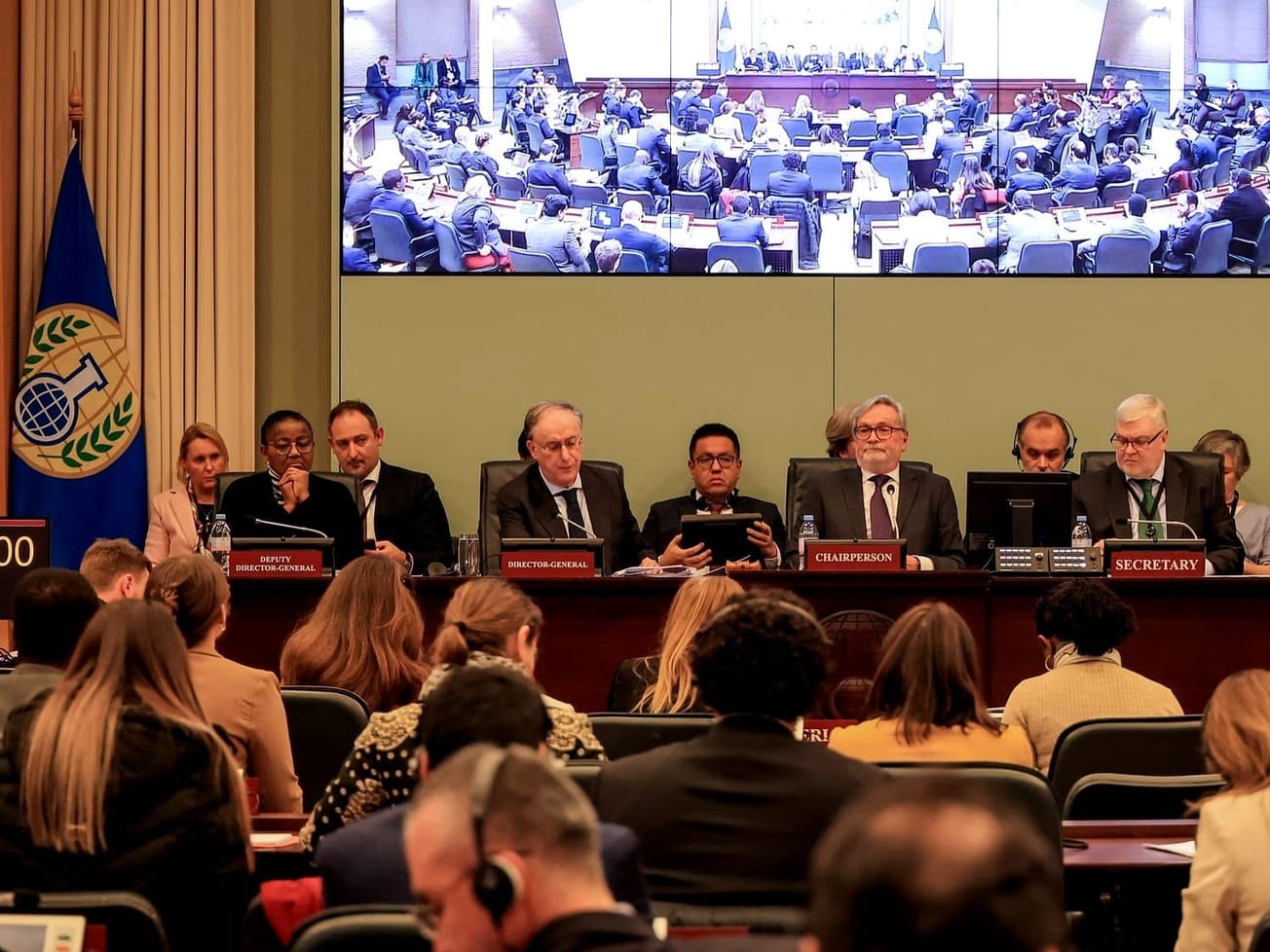Like the remnants of nuclear weaponry that Ukraine displays in a former base-turned-museum, the security assurances promised to the country by Russia, the United Kingdom, and the United States are relics of the past.
The specter of that shattered 1994 Budapest Memorandum hung over negotiations in Saudi Arabia between Russian and American officials – the first such meeting of their delegations to discuss the Ukraine war since Russia launched a full-scale invasion of its neighbor in Feb. 2022.









